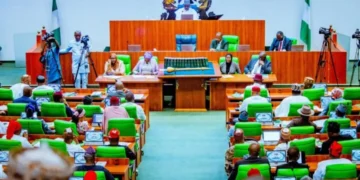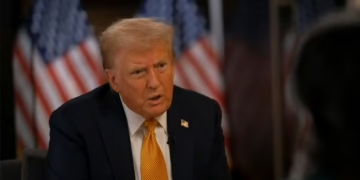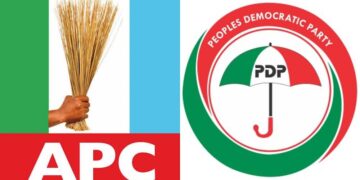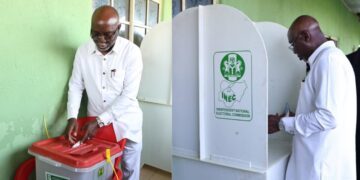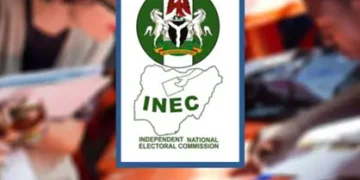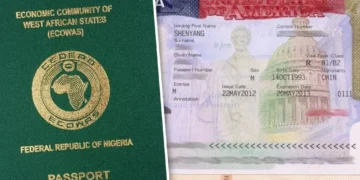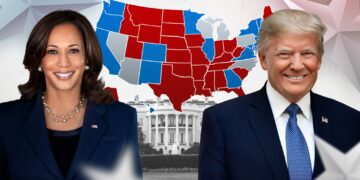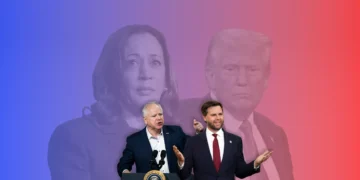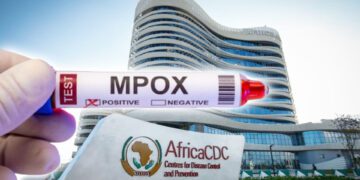In news reports, Ekiti has emerged as the second state to float its own electricity regulatory body after the Nigerian Electricity Regulatory Commission (NERC) announced earlier that Enugu had signified its intention to fully exit the control of the apex industry regulator. Couched after the Enugu model, NERC in the document signed by the Chairman of the Commission, Sanusi Garba and the Commissioner, Legal, Licensing and Compliance, Dafe Akpeneye, stated that the action complied with the amended Constitution of the Federal Republic of Nigeria (CFRN) and the Electricity Act 2023, as amended.
NERC stated that the Government of Ekiti State had complied with the conditions precedent in the laws, duly notified it and requested for the transfer of regulatory oversight of the intrastate electricity market in the state to the body to be known as the Ekiti State Electricity Regulatory Bureau (EERB). According to the apex regulatory commission for the power sector, when the process is fully completed, Ekiti shall assume responsibilities for intrastate supply and distribution of electricity in the state.
The commission added that the transfer Order by NERC has the following provisions: “Direct Benin Electricity Distribution Company (BEDC) and Ibadan Electricity Distribution Company PLC (IBEDC) to incorporate a subsidiary (BEDC SubCo and IBEDC SubCo) to assume responsibilities for intrastate supply and distribution of electricity in Ekiti State from BEDC and IBEDC. “BEDC and IBEDC shall complete the incorporation of BEDC SubCo and IBEDC SubCo within 60 days from April 22, 2024, and the sub-companies shall apply for and obtain licences for the intrastate supply and distribution of electricity from Ekiti Electricity Regulatory Bureau (EERB), among other directives.” All cross-border transactions involving the national grid, it said, shall be subject to the approval of the commission in accordance with the constitution and the Electricity Act.
It stressed that the EERB shall have the exclusive responsibility of determining and adopting an end-user tariff methodology applicable within its area of regulatory oversight.





















